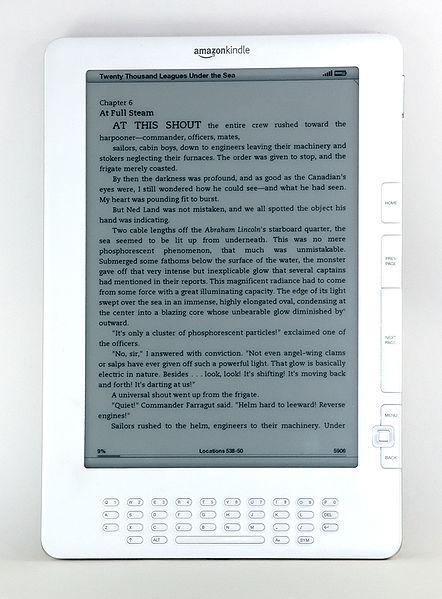
Why should I have to pay 69p ($0.99) per track for any music I want to download? OK if its the latest hot release from a favourite contemporary rock band, but for an old 1950's blues number that's long since paid back all the investment; that's 69p too.
You must be joking! That same 1950's blues track is available in the bargain bin of the local supermarket with 20 other tracks for £2.99 in a higher quality format. Admittedly the digital download offers instant gratification, but I'm still not going to pay that for it. For that matter even a two year old pop track doesn't really deserve the 69p price tag either. Lets face it this music is priced above what a major slice of its market, teenage kids, can afford, so they'll find other means to acquire it. Realistically few parents can afford to support teenagers' voracious appetite for listening to new music at 69p a track.
Fair enough, Apple's early and dominant position in the digital music distribution market enabled them to establish this price point, that's great for them, they took the risk and made the investment, and recouped their costs from the early adopters. Meanwhile the music business pretended it wasn't ever going to be a significant channel to market. However that was ages ago (in Internet years) and the market has barely moved on. Amazon have pushed the envelope to the extent that the DRM is starting to go away. There's less fear now that I'll be restricted to using a single device or service, and I won't have to buy the music again when I move to newer devices. But 69p a track for everything? Really?
It likely the current market price is a major factor in the number of 'illegal' downloads; purchasing the music is not considered an option for many of the potential customers. The music industry players are no longer competing against one another, they are competing against alternative supply channels, Limewire Bearshare etc. And whether they like it or not these other channels are not going away. Until the pricing is less of a barrier to the purchase than the inconvenience of finding and downloading from peer to peer networks music will continue to be downloaded for free by those who have the time and the capability; and lets face it the biggest consumers of the product are the teenagers and students who have the time on their hands.
No amount of misconceived legislation, such as the Digital Economy Bill, will make this go away. There will always be ways of copying digital data and circumventing the costly controls; the problem won't go away and the collateral damage will be costly to both civil liberties and the economy as a whole.
A new pricing model is required. Price elasticity should be recognised, and realistic subscription services should be embraced and explored. Its easy to see alternatives that could be tried. For instance how about creating a subscription service that is discounted to pocket money prices for students, somewhat like Microsoft's pricing for MS office. After all, if you sign someone up to your service when they're young enough, you may have a customer for life. There I did that without even straining, come music industry player's now its your turn.


